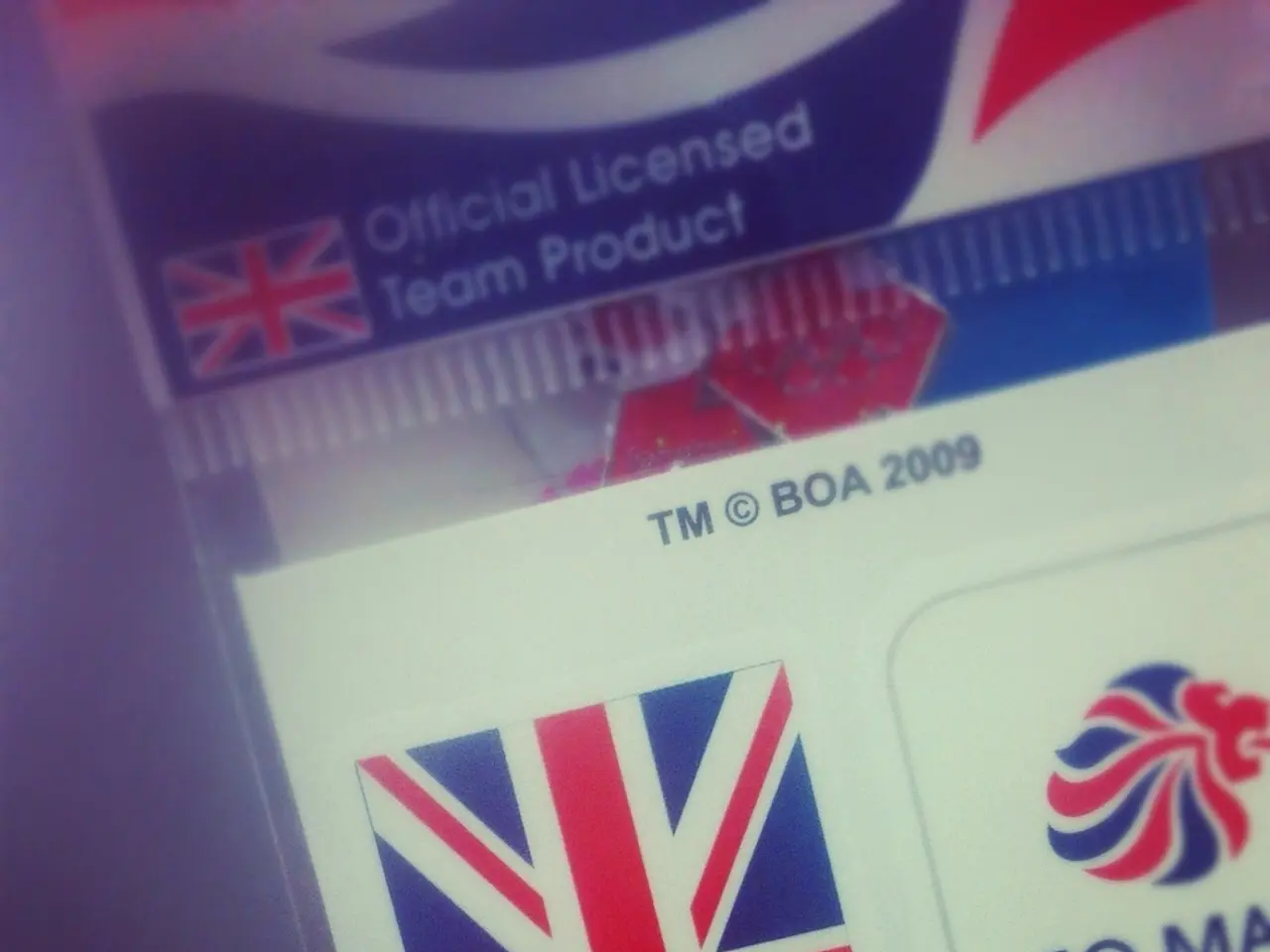Foreign LLCs Owned by Non-U.S. Entities Now Subject to IRS Reporting Obligations
In the realm of business entities in the United States, LLCs (Limited Liability Companies) have become a popular choice for both domestic and foreign investors. However, for foreign-owned LLCs, there are specific reporting requirements that must be adhered to, especially when it comes to taxation.
Firstly, it's essential to understand that LLCs in the U.S. are considered "transparent" for tax purposes, meaning that the LLC itself is not taxed, but its members are. This applies to both new and existing LLCs. Consequently, each LLC must obtain an Employer Identification Number (EIN) from the Internal Revenue Service (IRS) before filing any tax returns or information forms.
Foreign-owned single-member LLCs treated as disregarded entities are subject to additional reporting requirements. These entities must file Form 5472 annually. This form reports "reportable transactions" between the LLC and its foreign owner or other related parties to prevent tax evasion. Alongside Form 5472, the LLC also files a Pro-Forma Form 1120 with limited information, such as the name, address, EIN, and checking boxes such as initial return.
Maintaining accurate books and records that support the information disclosed on Form 5472 is also crucial, including detailed financial records of all related party transactions. Failure to file Form 5472 or maintain proper records can trigger a penalty of $25,000 per missed filing.
It's worth noting that non-U.S. residents cannot apply for an EIN online; they must submit IRS Form SS-4 via fax or mail, which can take 2 to 8 weeks to process depending on the method.
For foreign owners, depending on the LLC’s activities, the foreign owner’s tax status, and applicable tax treaties, they might also have to file Form 1040-NR (U.S. Nonresident Alien Income Tax Return) and potentially obtain an ITIN (Individual Taxpayer Identification Number).
The new regulations treat each foreign-owned disregarded LLC as a separate corporation for reporting purposes. However, the article does not delve into the specifics of state-level taxation, leaving that aspect somewhat unclear.
In summary, the key updated IRS requirements for foreign-owned U.S. LLCs are the mandatory filing of Form 5472 with a Pro-Forma 1120, maintaining detailed records of related party transactions, and having an EIN in place obtained via Form SS-4 if you are a foreign owner. These requirements aim to ensure transparency and prevent tax evasion in the U.S. LLC landscape.
This discussion focuses on LLCs formed by physical persons, not companies. It's important to note that EINs do not expire, and the IRS has not been explicitly mentioned in the text, although it is implicitly understood that the IRS is the governing body responsible for these regulations.
In the context of foreign-owned LLCs, it's necessary to obtain an Employer Identification Number (EIN) from the Internal Revenue Service (IRS) for tax purposes. Additionally, these entities must file Form 5472 annually to report "reportable transactions" with their foreign owner or related parties, and also submit a Pro-Forma Form 1120 with limited information. These reporting requirements aim to ensure transparency and prevent tax evasion in U.S. LLC business dealings.




